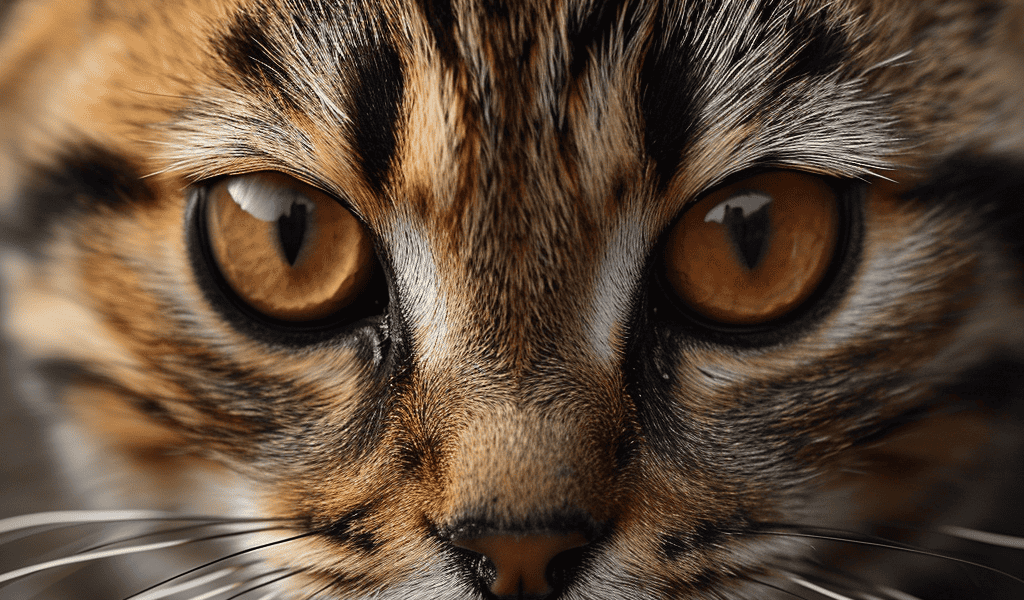Black-footed cats, Africa’s smallest and deadliest wildcat species, are facing a new threat as a recent study suggests that they may be inbreeding at an alarming rate. This puts the already threatened feline at a heightened risk of a rare and deadly disease, according to scientists.
Weighing only 2 to 6 pounds and standing at just 8 inches tall, black-footed cats are well adapted to a nocturnal life in the desert, making them one of the deadliest cats on Earth in terms of kill rate. However, increasing habitat loss and persecution by farmers have put them at a high risk of endangerment, leading to their vulnerable status on the International Union for Conservation of Nature Red List of Threatened Species.
The recent study, published in the journal PNAS, revealed that genetic isolation and inbreeding may be affecting the black-footed cat population. The researchers sequenced the genome of 10 black-footed cats and combined the data with previously public genomic information, uncovering markers of recent inbreeding events. These events are believed to have been exacerbated by habitat fragmentation caused by human projects such as roads or farms, which can disrupt natural breeding patterns.
The study linked the higher level of inbreeding to an increased likelihood of developing amyloidosis, a rare disease that has been observed to cause the mortality of about 70% of captive black-footed cats. Amyloidosis results in a protein build-up in organs, particularly the kidneys, leading to potentially fatal consequences. In addition, the inflammation associated with the disease can also affect the cats’ auditory canals, which are particularly sensitive due to the bony structures of their inner ears comprising 25% of their skull.
This concerning discovery highlights the urgent need for conservation efforts to protect the black-footed cat population from further decline. With the species already facing threats from habitat loss and human persecution, addressing the issue of inbreeding and its associated risks is crucial to ensuring the survival of these remarkable creatures.





